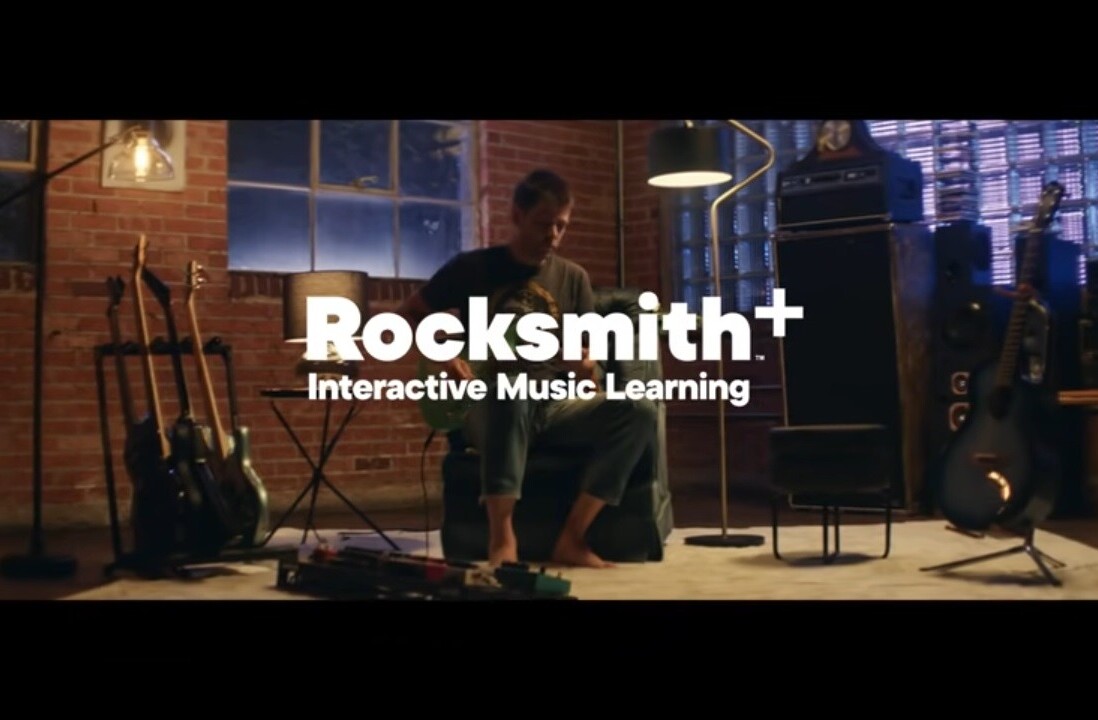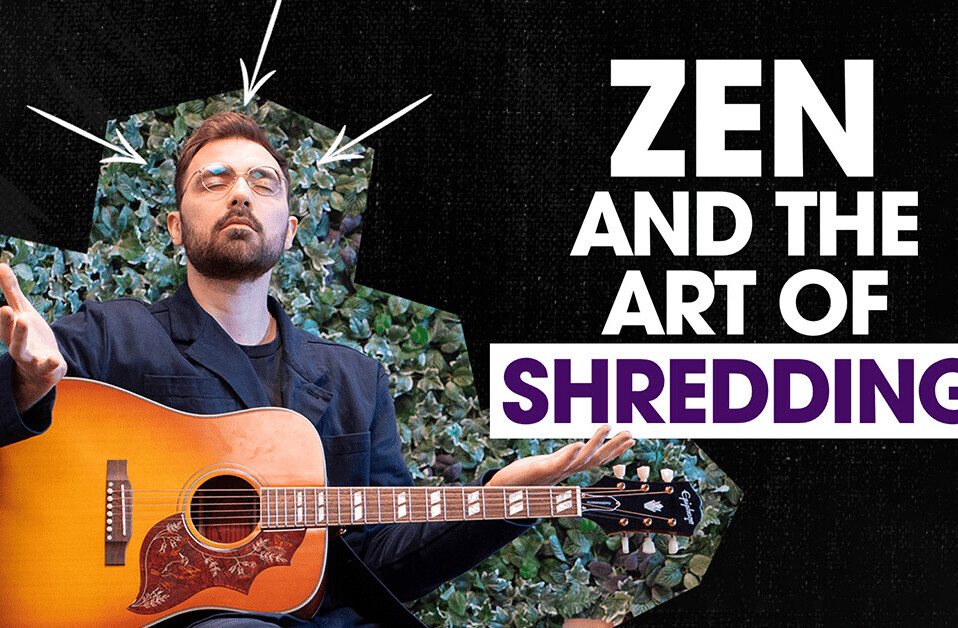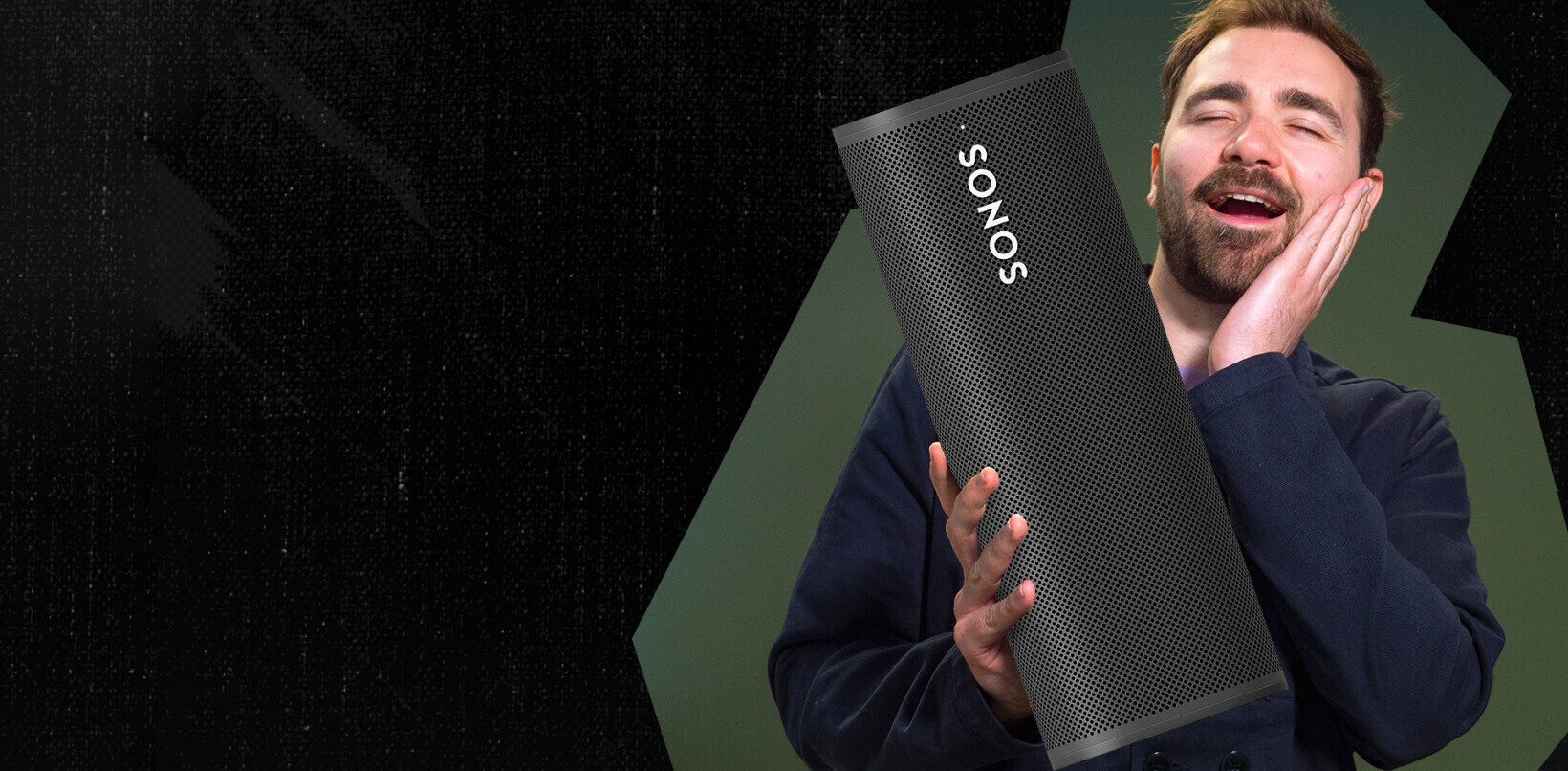
There’s a huge shift going on in the music industry. As you might have noticed during the past few years, downloading music is becoming less and less common. Whereas labels used to freak out by the idea of Napster or torrents only five years ago, now even those services have become outdated. The next generation just wants to click. Not on the download button, but on the play button. To get an overview of these developments, I gave Gerd Leonhard a call. Since this media futurist, speaker and author of The Future of Music and Music 2.0 sure knows what he’s talking about. Today’s keyword? Attention.
Access and new business models
“Kids now only listen to music, they don’t download it’, Leonhard said. “Access has become an important factor. People want to listen to music on their mobile. Developments like Wifi, 4G, iPhone’s, fancy Nokia’s turn streaming music into the new radio”. This shift requires new business models, as even fewer people than now will want to pay for music. “The new business model is selling stuff around music. Tickets, merchandising, posters, books, things like that.”
“Music also becomes part of environment where you can meet like-minded people”. They all have a connection, which makes it interesting for targeting advertising. So companies can sponsor a music community and effectively reach the right group of people.” Moreover, Leonhard point out an interesting difference with today’s advertising: “Consumers skip television ads, but they will listen to a sponsor message when they get free music in return”.
Nobody knows you exist
So if you’re an musician, you might start to wonder how you should cope with these changes in the music industry. Well, don’t worry, Leonhard has some advice for you: “Nobody knows you exist, so get attention. There should emerge a service like Twitter or Delicious, only then for sharing music. Before that happens, artists and labels should use blogs and widgets to attract as many people as possible. Give away your music and sell stuff around it. Like Nine Inch Nails sold a book. Build a brand around your music”. If you look at this from Kevin Kelly’s perspective, you’ll need those 1,000 true fans to spend a 100 dollars each. Kelly:
That sums up to $100,000 per year, which minus some modest expenses, is a living for most folks.
Give away and make money
To me, these advices and expectations sound exciting. Yet it isn’t all one big happy adventure, as there’s also something called The Major Labels. They don’t allow third parties to give away their music in exchange for some sponsor exposure. “This is a problem, as it blocks innovation. It’s too risky for start-ups to invent a new service like YouTube, since it violates the copyright regulations. What these labels don’t get, is that when you ask people to pay for music, they’ll get it somewhere else for free. But if you give the music away for free, you can make money with sponsoring”.
Get the TNW newsletter
Get the most important tech news in your inbox each week.






